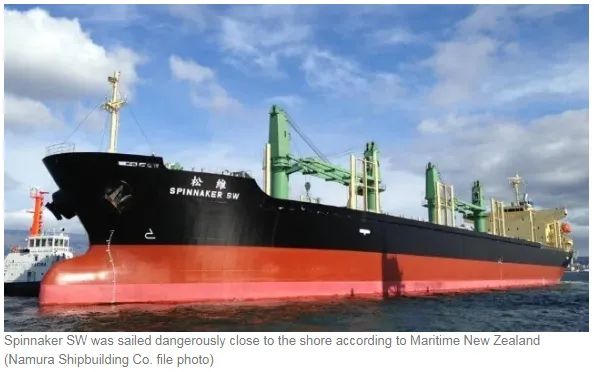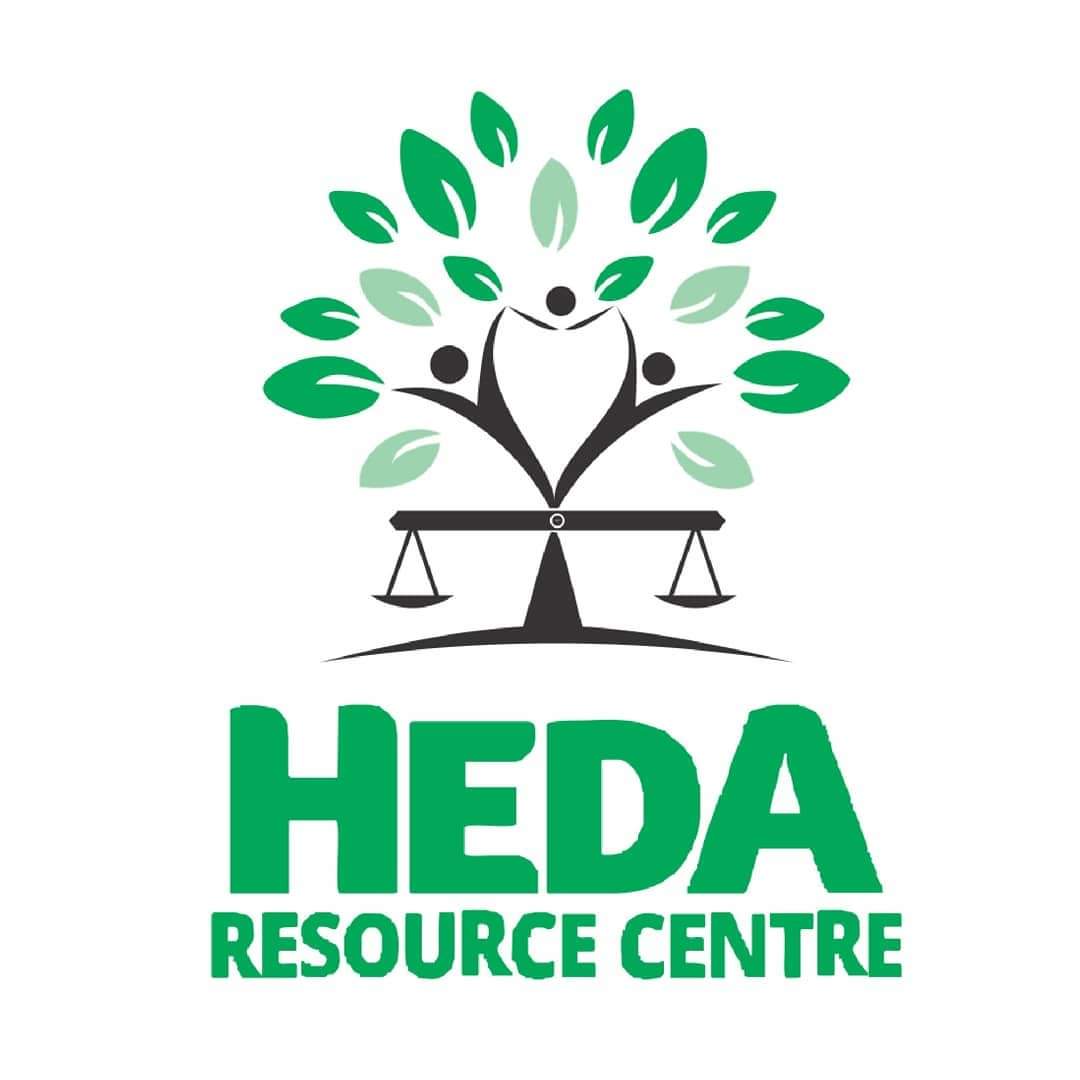Stakeholders yesterday met in Port Harcourt, the Rivers State capital, to brainstorm on how to promote compliance to the Nigerian Port Process Manual (NPPM) and Standard Operating Procedures (SOPs) on vessel clearance in Eastern Ports.
The regional stakeholders meeting was the Maritime Anti-Corruption
Network (MACN) and Convention on Business Integrity (CBI Nigeria) in collaboration with with the Port Standing Task Team (PSTT).
In her keynote address, the Head, Technical Unit on Governance and Anti-Corruption Reform (TUGAR), Jane Onwunere, said the unit, is working with the Independent Corrupt Practices and other related Offences Commission (ICPC) and the Bureau of Public Procurement (BPP) to ensure transparency and accountability in Nigerian Ports.
Onwunere, who was represented by Bose Oguntuberu, said: “We all know that all these efforts have been consolidated and already being fully implemented in the Lagos Ports, Apapa and Tin Can and we are now moving to Eastern Ports, which we know some efforts have started. We now want to consolidate on what we have started and sell it to all our private operators.
“The importance of the ongoing efforts to address corruption from the roots through effective preventive mechanism, the Technical Unit of Governance and Anti-Corruption Reform (TUGAR), the Independent Corrupt Practices and other related Offences Commission and the Bureau of Public Procurement embarked on corruption risk assessment.
“The corruption risk assessment was to identify areas that are prone to corruption, proffer recommendation and jointly with relevant MDAs, develop integrity plans that will strengthen transparency and accountability towards a better service delivering.”
Speaking during the meeting, MACN associate director, Vivek Menon, said there was the need for Port users in the private sector to join hands with government agencies to eradicate corruption from Nigerian Ports.
Menon said: “We need to work with local organisations. We need the private operators to join this conversation to eradicate corruption from Nigerian Ports.
Also speaking, South-South zonal director of the Nigerian Shippers Council (NSC), Mr. Glory Onojedo, said the council has been offering necessary assistance and support to the PSTIT in its fight against corruption in Nigerian Ports.










